PRACTICE | APPROACH
Based in Reggio Emilia and Milan, NAT OFFICE is a urban and architectural planning practice, founded and led by Christian Gasparini (professor at Milan Polytechnic).
Our approach works on the architectural scales as different layers to define a new urbanity, trying to reach the maximum density and flexibility of uses and the minimum consumption of territory.
The plan is conceived as a complex and dynamic instrument that allows the physic-perceptive and materic link between places and people. Private and public architecture realizations are intertwined with the research on urban strategies to generate flexible interfaces and on modular structures that can be assembled and disassembled in different configurations. Participation to design competitions leads to experimentation about typologies, morphologies and scales.
NAT Office’s works received many awards, such as: Architizer A+Award – New York | American Architecture Prize – Los Angeles | Archdaily Boty Candidate – Mexico City | Inarcassa Award – Firenze | Best Interior Design Platform – Milano | Wood Architecture Prize – Bolzano | BigSee Design Award – Lubiana | London International Creative Competition – London | DNA Paris Design Award – Paris | The Plan Award – Bologna.
In 2020 Househut Corticella (HHCR) wins IN/ARCH Award in Emilia Romagna residential category, while in 2023 Studio Atelier Galliani (SAGM) wins IN/ARCH award 2023 for new italian architecture and DNA Paris Design Award in 2024.
NATOFFICE is now working on architectural masterplans, international competitions and residential projects, developing new urban strategies. This research has led to the publication of books such as Smart Cities vs Smart territories and Il progetto come connessione and international workshops and conferences.
RESEARCH | COMPETITION
| 2024 | masterplan industrial hub. correggio, italy | 1st prize |
| 2023 | masterplan city centre. legnano, italy | 2nd prize |
| 2021 | cei liturgical chapel space. roma, italy | Finalist |
| 2021 | palazzo magnani exhibit. reggio emilia, italy | 2nd prize |
| 2020 | testaccio art labs and sport park. roma, italy | 3rd prize |
| 2019 | new energy mobility hub. concept, italy | 1st prize |
| 2018 | lorenteggio public library. milan, italy | Finalist |
| 2017 | aci working offices. reggio emilia, italy | Selected |
| 2016 | liuni headquarter. milan, italy | Finalist |
| 2015 | art exhibit pavilion. santa barbara, usa | Shortlisted |
| 2014 | gnutti barracks’ recovery. brescia. italy | 3rd prize |
| 2013 | gabbice mare waterfront. gabicce mare, italy | 7th ranked |
| 2013 | luxury tourist compound. barcelona. spain | 4th prize |
| 2012 | spinea urban masterplan. spinea, italy | 6th ranked |
| 2011 | pianella historical mansion. cavriago, italy | 1st prize |
| 2011 | hotel and alpine resort keil. brunico, italy | 2nd prize |
| 2010 | borgo ulivia masterplan. palermo, italy | Honour mention |
| 2010 | silk road map for unesco. italy china | 4th prize |
| 2009 | piazza xx settembre. modena, italy | Honour mention |
| 2008 | school campus urban park. novellara, italy | 3rd prize |
| 2007 | città alessandrina cultural centre. rome, italy | 2nd prize |
| 2006 | council library media centre. santorso, italy | 3rd prize |
| 2005 | nursery school. reggio emilia, italy | Honour mention |
| 2004 | carpi childhood pole. cadelbosco sopra, italy | 1st prize |
| 2003 | urban kindergarten. comano, switzerland | Refund fee |
| 2002 | la corte civic centre. traversetolo, italy | 1st prize |
| 2001 | unesco masterplan city. valparaiso, chile | Honour mention |
| 2000 | arrigoni university campus. cesena, italy | Honour mention |
THEORY | BIOGRAPHY
Christian Gasparini graduates in architecture at the Polytechnic of Milan, where he teaches and works as researcher of urban and architectural planning since 1998 and as professor since 2007, dedicating his activity to the architectural and urban transformation plans of sea ports and railway stations, cultural centers and museums such as media libraries and libraries, university and temporary residences in Italy and Europe. Expert in bioclimatic planning with a merit mentioning in 1999 by the University of Bologna, he worked in the year 2000 in Chile, receiving an honourable mention for the masterplan to recovery the ancient Valparaiso City Centre under Unesco patronage.
Many are the participations in international workshops and conferences: in 2010 he is invited designer at the international workshop Palermo: Neighborhoods suburbs and contemporary city (Research Miur-Prin 2007). In 2014 he is invited lecturer at the international conference New Urban Languages: Re-thinking Urban Ideology in Post-ideological Times in Escuela Tecnica Superior de Arquitectura Madrid.
In 2018 he published “Smart Cities vs Smart Territories”, a sort of debate with Elisabetta Bello, Maria Teresa Gabardi and Nunziante Mastrolia on the idea of smart cities (Licosia edizioni, Salerno). In 2019 published “il progetto come connessione | architettura città paesaggio” (Maggioli editore, Rimini) and in 2020 he wrote an essay on “Home space and City place” in “City Houses” (Booq, Barcelona).
In 2025 he has been selected for the 19th edition of the Venice Biennale – International Architecture Exhibition | Intelligens. Natural. Artificial. Collective directed by Carlo Ratti, inside Italian Pavilion with the theme and title TERRÆ AQUÆ. Italy and the Intelligence of the Sea, curated by Guendalina Salimei. Christian presented a contribution, within the chapter Narratives, entitled CONTROCAMPO | REVERSE SHOT.
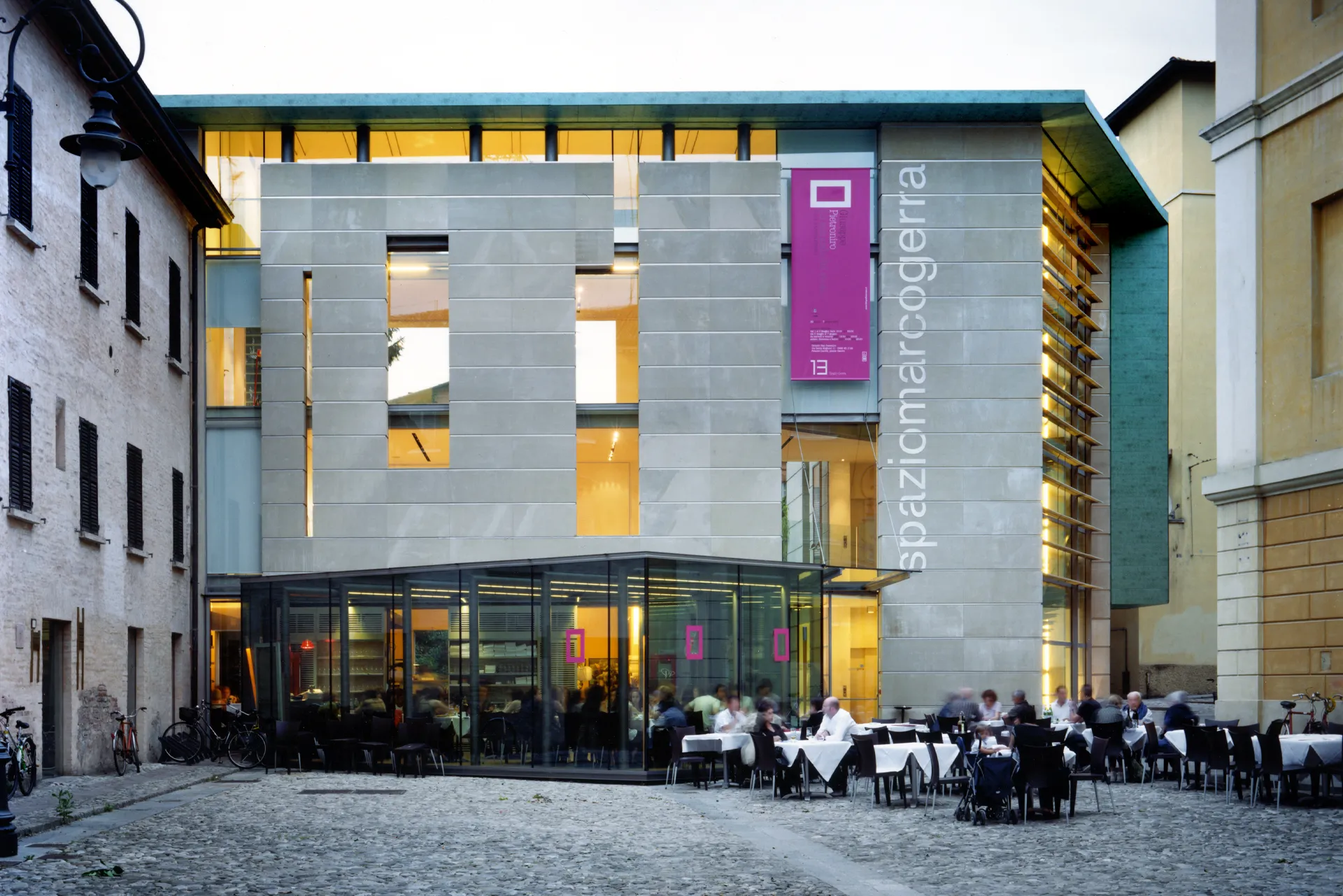
The design focus concerns the relationship between architecture, city and landscape in order to configure a unique topic and identity between place and people, while keeping their different characters.
DIRECTOR
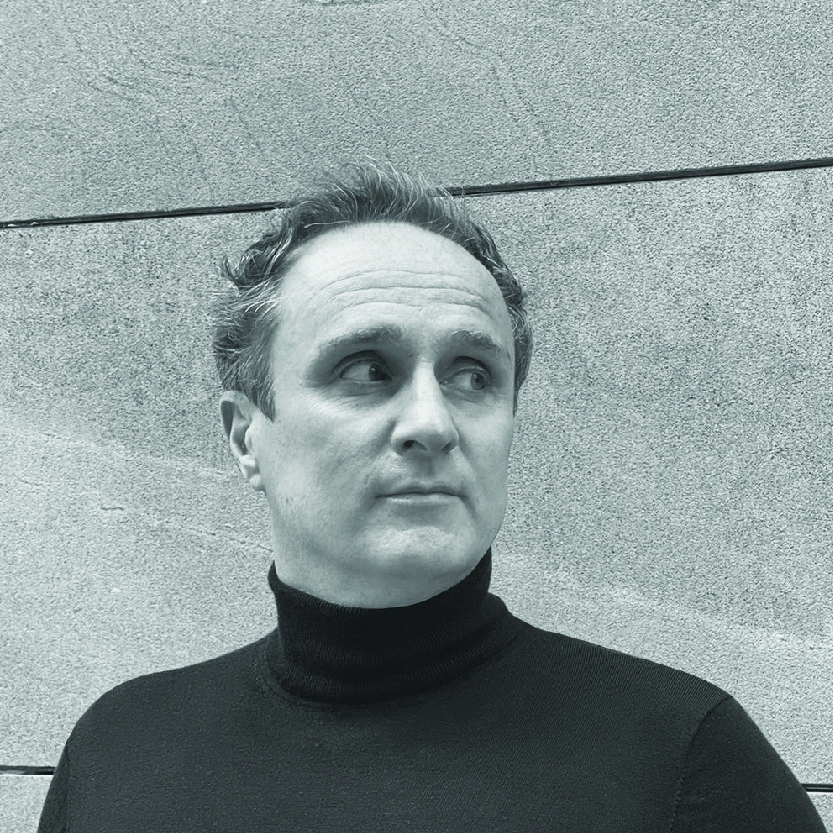
christian gasparini
NETWORK
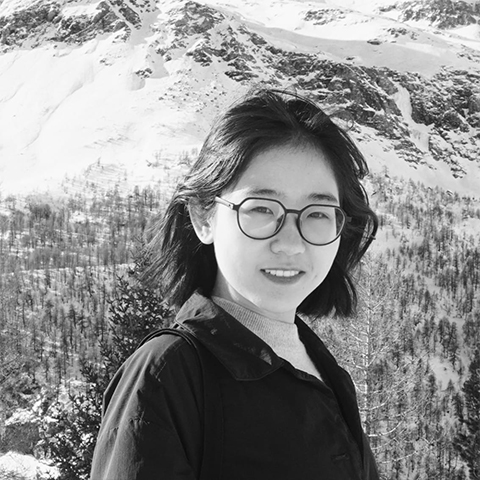
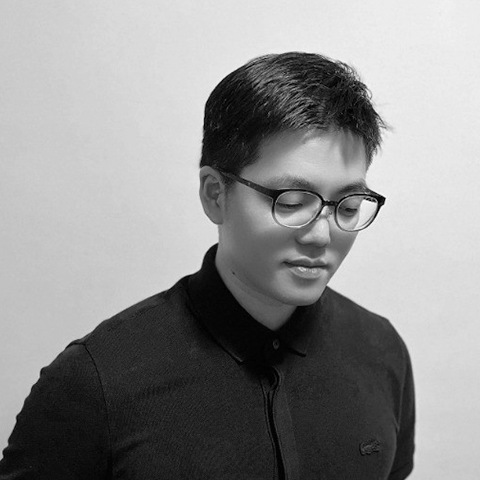
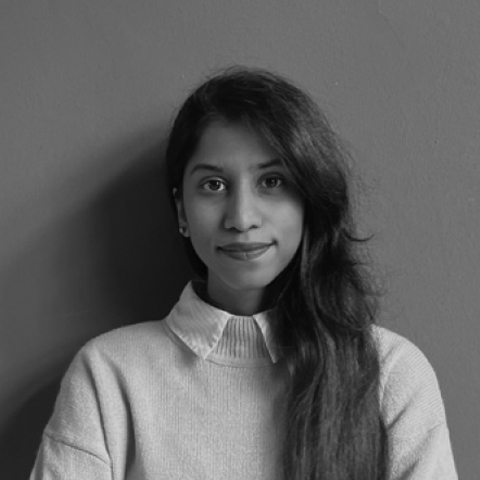
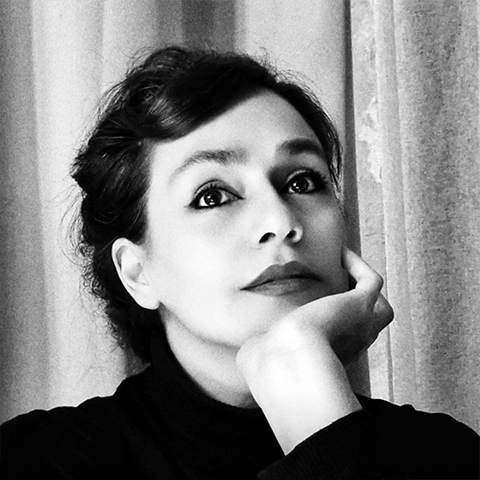
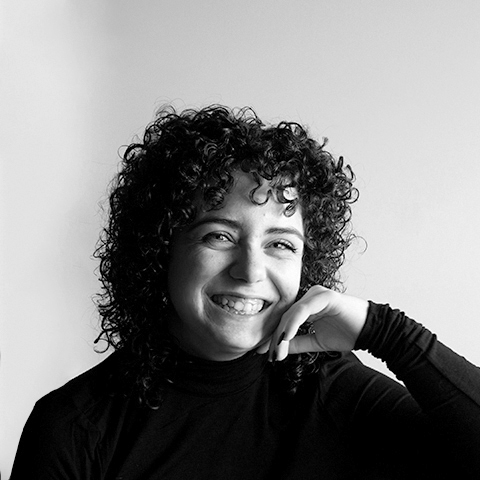
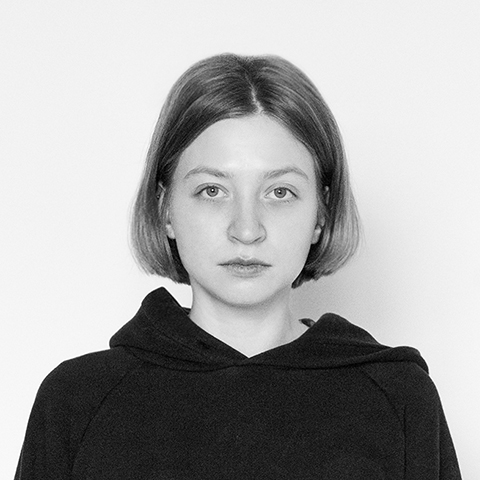
staff
xiwen chen
chenye hu
apoorva john
maliheh meidany
alessia roveda
mariia toporova
intern
lora kannavou
antonio jacopo laurenza
furkan lacin
consultants
ren solution. energy
geostudi. geology
proap. landscape
buro milan. structures
tifs manens. plants
ren solution. sustainability
collaborators since 2006
gunes idil altun
lorenzo badari
giacomo bassmaji
giovanni bertocchi
alessandra bianchi
marco borghi
alexandra borisova
sara borracci
martina chiari
niccolo’ cocchi
federica codeluppi
alice coppola
hazem el shafei
alberto ferrara
matteo ferrari
jo fonti
matteo francesconi
matteo gabbi
sanaz ghaffarizaki
francesca giannini
sara giglioli
ignacio gonzalez sierra
lora kannavou
anastasia korchagina
leona kotulkova
matteo lombardini
sandra mikolajewska
rossella musi
jaroslav neupauer
chiara ormelli
sara piccinini
georgiana precub
alessandro russo
ludovica scarpa
anna skoula
agostina vendrell
sebastiano zaffarano
head office | RE
vicolo trivelli 6, 42121
working office | MI
via zanella 48, 20133
studio@natoffice.it
phone +39.0522.406383
info@natoffice.it
partnership and tenders
press@natoffice.it
exhibit lectures and press
stage@natoffice.it
internship and stage